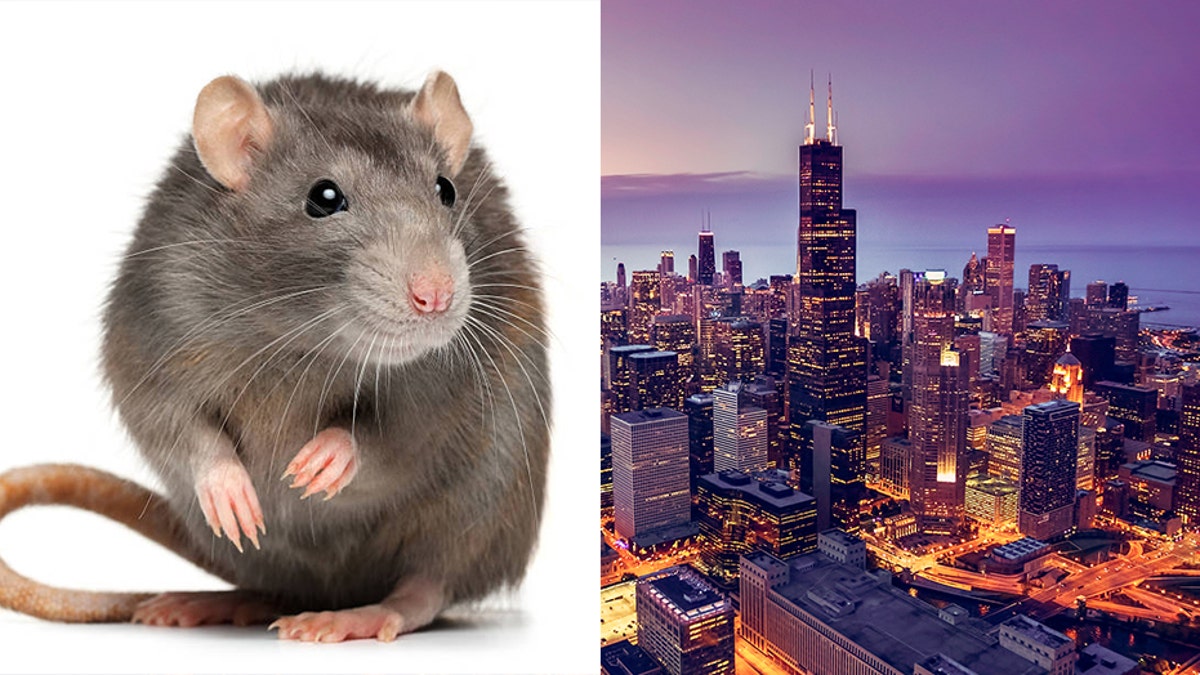
Chicago logged over 50,000 rat-related complaints last year, according to data reviewed by Renthop. (iStock)
New York is apparently no longer the big cheese.
The Second City has been dubbed the "rat capital" of America according to apartment search service RentHop, which said Chicago had the highest amount of rat-related complaints of four major U.S. cities.
The data compiled by the website showed that there were more than 50,000 rat-related complaints in 2017, which is a 55 percent increase since 2014.
"The abundance of garbage and buildings in The Windy City makes it a great location for these rats to seek shelter and food for survival," according to RentHop. "The presence of these furry critters poses a threat to city dwellers due to the fact that they are capable of spreading diseases and cause allergic reactions to humans and animals."
The worst neighborhoods in the Windy City were Logan Square, Englewood and West Ridge.
"Most of the neighborhoods with a higher concentration of rat complaints coincide with the neighborhoods with a higher concentration of dog poop," according to the website.
Tourists visiting Chicago may avoid watching the scurrying pests, as neighborhoods in the downtown area such as The Loop, Gold Coast and River North logged fewer complaints.
RAT CHEWS THROUGH CABLE AT BALLET PERFORMANCE, PLUNGES IT INTO DARKNESS
Compared to four other cities were RentHop operates -- New York; Washington, D.C.; and Boston -- Chicago topped the total amount of rat complaints year-round with nearly 51,000.

The worst neighborhoods in the Chicago for rats were Logan Square, Englewood, and West Ridge, according to RentHop. (iStock)
The Chicago Department of Streets and Sanitation told the Chicago Tribune the agency received 42,670 requests for rodent abatement from residents in 2017. Agency officials told the paper the lower number was after duplicate complaints, and a number of "proactive rodent abatement" cases undertaken by the department.
“Rodent complaints are not an accurate indicator of the rat population in an area; however, they do show that Chicagoans care about the health and safety of their communities,” Streets and Sanitation Spokeswoman Marjani Williams told The Tribune. “(Streets and Sanitation) encourages residents to report rodent activity to 311 so that our crews can quickly investigate and address every sighting.”
Williams added that the department conducts preventive baiting, and began a pilot program to place dry ice into rodent burrows in parks or other green spaces to suffocate rats.
